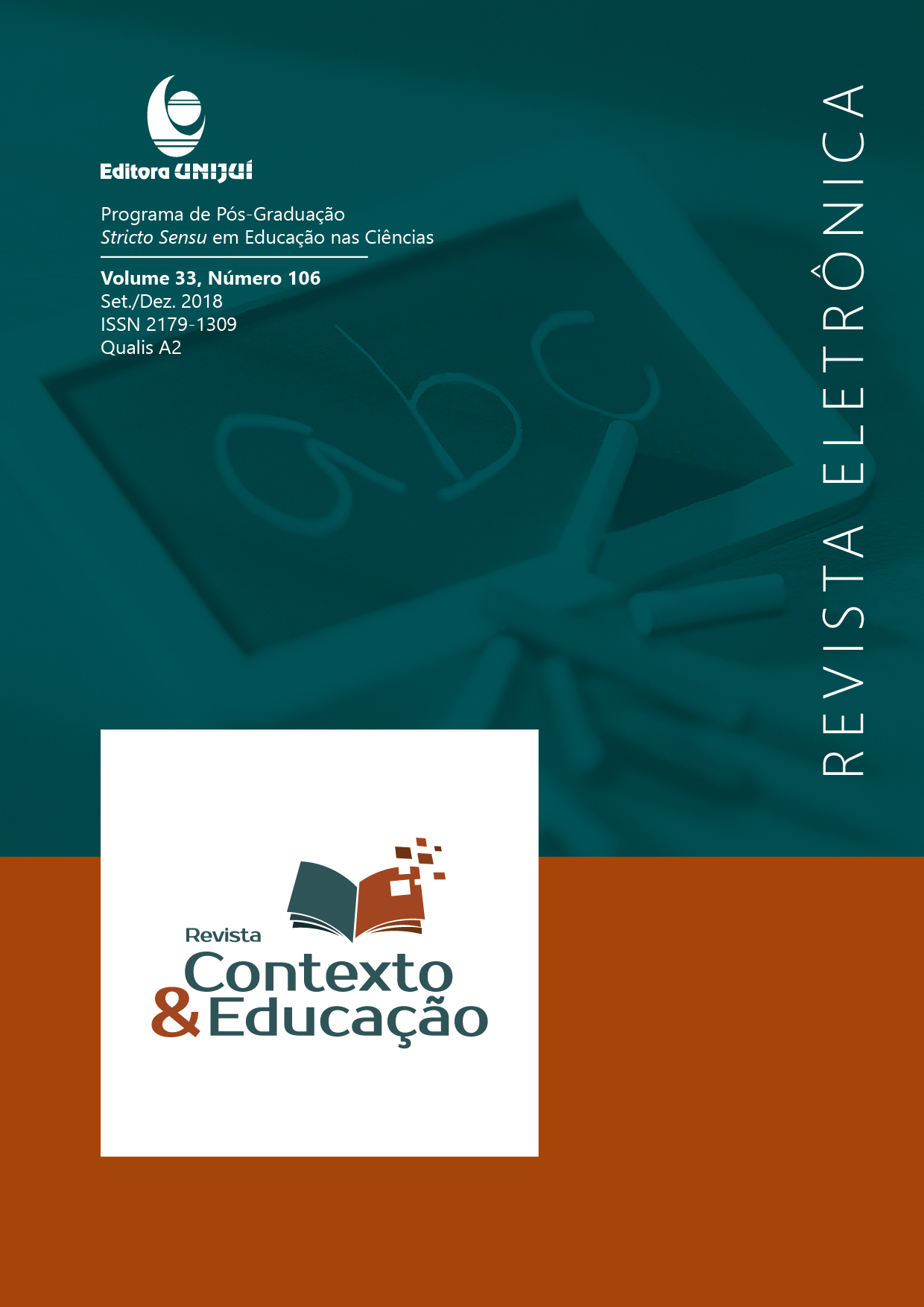SETE CRÍTICAS À SALA DE AULA INVERTIDA
DOI:
https://doi.org/10.21527/2179-1309.2018.106.215-230Abstract
A sala de aula invertida consiste de um arranjo didático no qual os estudantes têm contato prévio com os conteúdos e dedicam o tempo em classe para tarefas de operacionalização e aplicação dos conhecimentos. Por meio de materiais produzidos e/ou disponibilizados antecipadamente pelos professores, quase sempre com mediação de tecnologias digitais, abrevia-se a tradicional aula expositiva e focaliza-se o encontro presencial em metodologias de aprendizagem ativa. O número de experiências e pesquisas sobre a sala de aula invertida vêm crescendo, mas a precedência e a extrapolação dos resultados positivos tornam questionável a rápida acolhida acadêmica e midiática do modelo. Derivado de uma ampla revisão bibliográfica, este ensaio busca compilar e repercutir visões teóricas e resultados empíricos críticos à sala de aula invertida. São apresentadas sete teses que ilustram a necessidade de atenção, aprofundamento e parcimônia quando da adoção e defesa dessa estratégia por pesquisadores, professores e instituições de ensino.
Downloads
Published
How to Cite
Issue
Section
License
By publishing in Revista Contexto & Educação, authors agree to the following terms:
All works are published under the Creative Commons Attribution 4.0 International License (CC BY 4.0), which allows:
Sharing — to copy and redistribute the material in any medium or format;
Adaptation — to remix, transform, and build upon the material for any purpose, even commercially.
These permissions are irrevocable, provided that the following terms are respected:
Attribution — authors must be properly credited, a link to the license must be provided, and any changes made must be indicated.
No additional restrictions — no legal or technological measures may be applied that legally restrict others from doing anything the license permits.
Notices:
The license does not apply to elements that are in the public domain or covered by legal exceptions.
The license does not grant all necessary rights for specific uses (e.g., image rights, privacy, or moral rights).
The journal is not responsible for the opinions expressed in the articles, which are the sole responsibility of the authors. The Editor, with the support of the Editorial Board, reserves the right to suggest or request modifications when necessary.
Only original scientific articles presenting research results of interest that have not been previously published or simultaneously submitted to another journal with the same purpose will be accepted.
Mentions of trademarks or specific products are intended solely for identification purposes and do not imply any promotional relationship by the authors or the journal.
License Agreement (for articles published from October 2025): Authors retain the copyright to their article and grant Revista Contexto & Educação the right of first publication.


